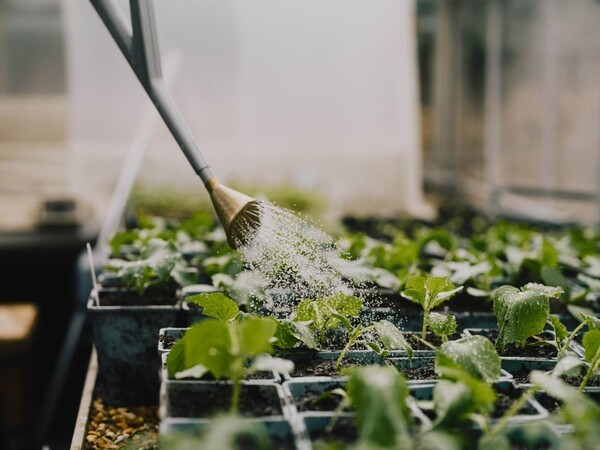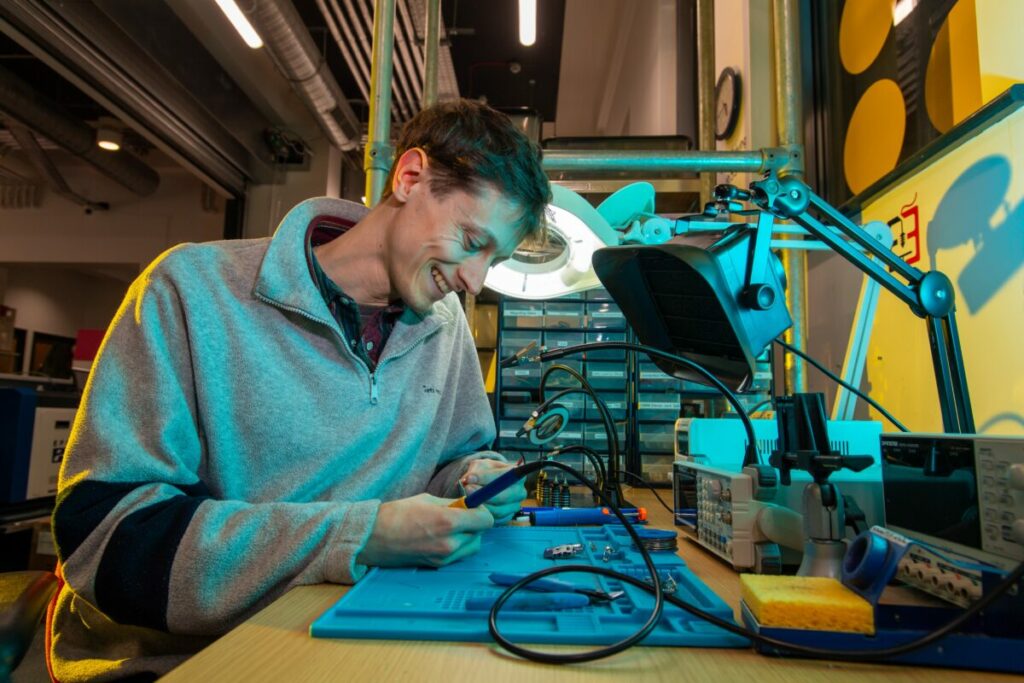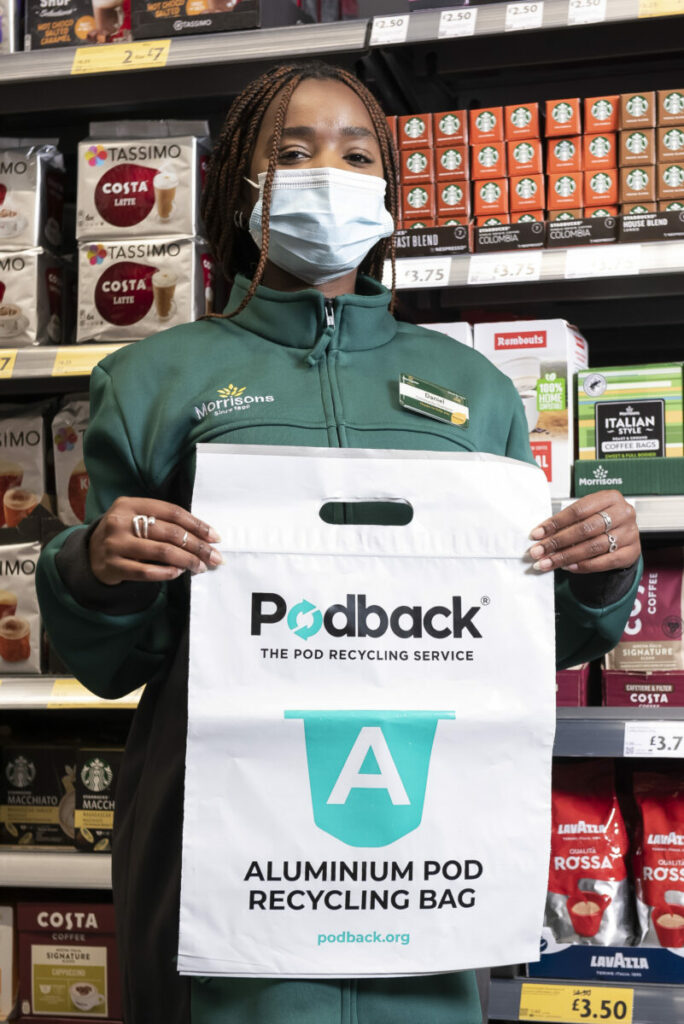The John Lewis Partnership – which owns John Lewis and Waitrose – has become the first retailer to have its net zero targets validated by the Science Based Targets initiative (SBTi).
The retailer aims to reach net zero across its own operations by 2035 and across its entire supply chain by 2050. Securing official SBTi validation signals John Lewis’ “clear commitment to play its part” in limiting the global temperature rise to 1.5°C.
It has also become the first retailer to set SBTi-validated targets on all greenhouse gas emissions originating from ‘forests, land and agriculture’ – which contribute to its emissions footprint in addition to the energy used to run stores and make products.
John Lewis Partnership director of sustainability Marija Rompani said: “Reaching net zero by 2050 means transforming our business in every way, from how we design our goods to last, how we and our suppliers power our farms, factories and stores, and how we make it easier for our customers to make more sustainable choices.
Subscribe to Sustainability Beat for free
Sign up here to get the latest sustainability news sent straight to your inbox each morning
“To be the first retailer globally to set forest, land and agriculture science-based targets gives us great pride. It will be the bedrock of our plans to protect and restore nature and tackle the climate crisis over the years to come.”
Other work to decarbonise operations across the business includes moving away from using fossil fuels and transitioning larger vehicles to run on biomethane and smaller vans to run on electricity, procuring 100% renewable electricity across all operations, converting gas boilers to electric-powered heat pumps where possible and asking larger Waitrose suppliers to set their own net zero targets.
The retailer also recently announced that Waitrose’s higher welfare beef farmers will supply John Lewis with leather used for its own-label sofas and chairs, reducing environmental impact across its supply chains.
Environmental lead Simon Winch said that coming up with a set of credible targets for the road to net zero was the “culmination of many months of focused work and determined preparation”.
“The validation of our science-based targets will turbocharge the change needed in our business to transform how we operate and help ensure that the world remains in sight of limiting global warming to no more than 1.5°C,” he added.















